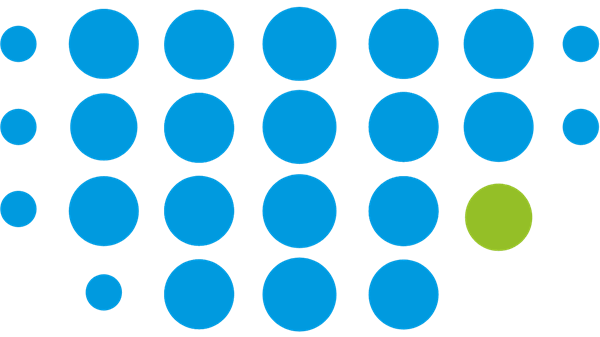UPDATE: New findings from the METR study reveal that while artificial intelligence (AI) tools are revolutionizing software prototyping, they are causing a significant slowdown for developers, taking them 19% longer to complete tasks. This urgent update highlights a critical paradox in the tech industry as AI reshapes product development cycles.
According to insights from Andreessen Horowitz, a leading venture capital firm, AI is fundamentally changing how engineers approach coding and product iteration. By 2025, these tools are expected to shift the focus from mundane coding tasks to more innovative roles. The rising popularity of tools like Cursor exemplifies this trend, which has gained traction as an AI-powered code editor capable of generating complex code from natural language prompts.
Despite this promise, the METR study, published in July 2025, found that experienced open-source developers using early-2025 AI tools reported an unexpected increase in task completion time. The research indicates that developers are over-relying on AI suggestions, necessitating extensive verification and highlighting the critical need for human oversight in coding processes.
As AI technology continues to evolve, engineers are urged to refine their skills in system architecture and integration. A recent article from Brainhub emphasizes that adapting to AI’s impact on software roles is essential for remaining competitive in the field.
In the race to optimize workflows, standout tools for 2025 include Claude Code, celebrated for its precision in generating app logic, and Replit, which has skyrocketed to $100 million in annual recurring revenue by mid-2025. Replit enables non-coders to develop applications through AI-driven interfaces, further democratizing software development.
Moreover, tools like GitHub Copilot and Windsurf Editor are transforming quality assurance (QA) and testing processes. A recent OpenPR release highlights how these tools streamline debugging, integrating with ChatGPT to stabilize engineering workflows.
Looking to the future, the integration of AI with emerging technologies such as IoT and blockchain is expected to expand its strategic role in product development. As discussed on social media platforms like X, these integrations promise real-time business intelligence but require engineers proficient in ethical AI deployment.
Despite the challenges posed by AI inaccuracies, opportunities are abundant for those willing to adapt. The tech community is buzzing with discussions about how AI can scaffold code, allowing engineers to tackle more complex integrations. A post from a technologist on X suggests this approach could define success in 2025 and beyond.
In conclusion, as AI tools transition from mere assistants to integral components of the software development life cycle (SDLC), engineers must embrace roles emphasizing oversight and high-level problem-solving. The narrative emerging from this METR study underscores the need for a balanced partnership between human ingenuity and AI capabilities to navigate the evolving landscape of software development.
Stay tuned for more updates on how AI continues to reshape the tech industry.








































































